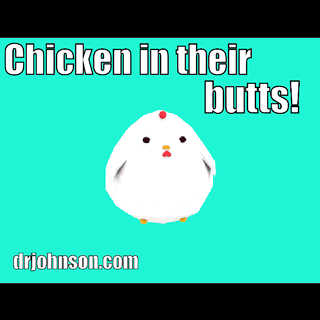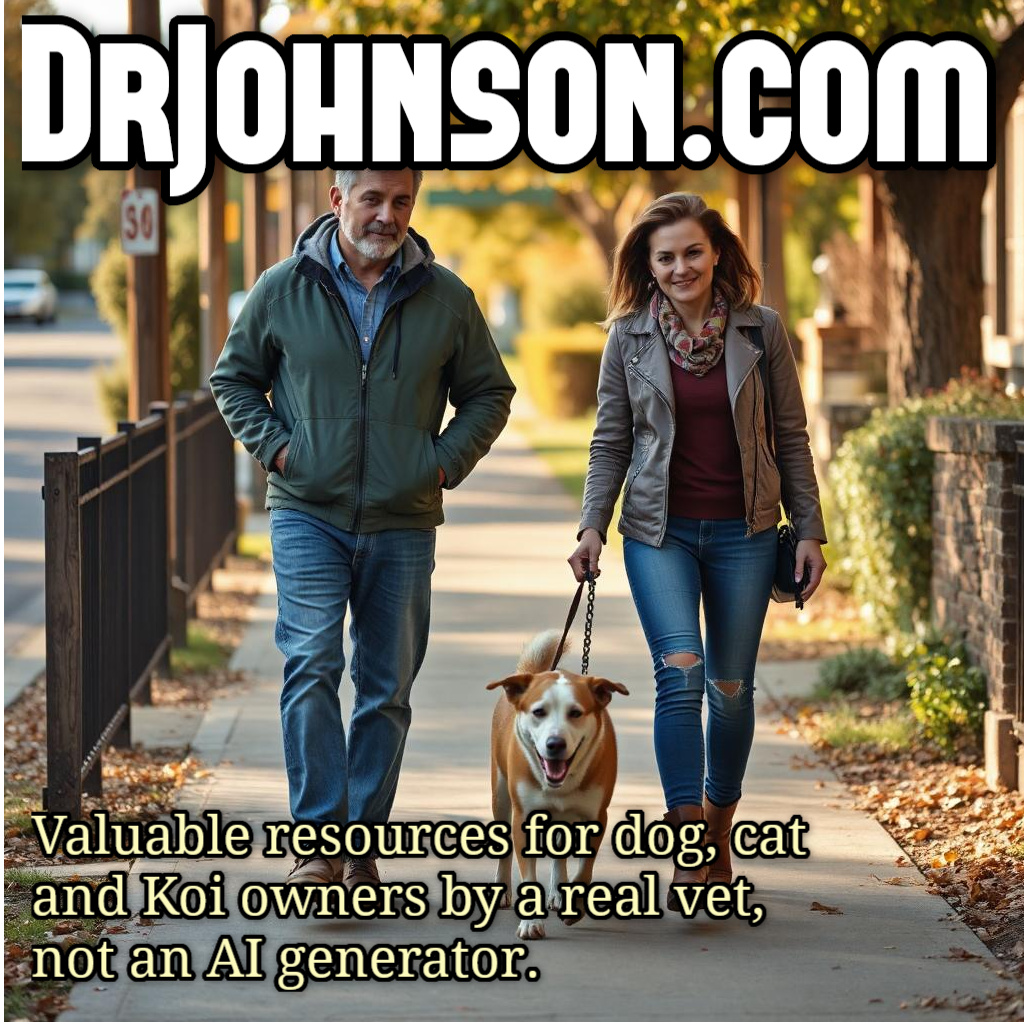Dogs and cats should never have chicken in their butt.
Trying to get your attention with that headline.
How does chicken end up in the butts of dogs and cats? (Alternative title: “Inflammatory bowel disease due to whole protein maldigestion in colon” much less provocative.)
The gastrointestinal tract could be broken into three segments. The teeth and stomach handle the initial preparation of food for digestion, small intestine mashes everything together with digestive enzymes and absorbs all of the vital nutrients, and then the large intestine / colon picks up the water that’s left over in the gooey waste that’s left behind.
Sometimes the process is incomplete, as often happens with dogs and cats as they get older. Their digestive system becomes flimsy because they don’t chew their food as well, or can’t chew their food as well and their stomach acid production tends to decline.
The result of this, is the arrival of whole proteins in that last segment of the G.I. tract
Pieces of whole pieces of chicken as far as the body concerned, but especially as far as the germs are concerned.
The body sees these proteins as foreign invaders (having never seen them in the previous 10 years of the dogs life), and they very definitely recognize them as “not native protein“ so there is an immune response to these proteins and worse, whole proteins that enter the colon simply rot.
They are not digested any further there, so you can see how “having chicken in your butt” so to speak, would create problems. Rotting chicken in a large bowel that is absorbent, not digestive.
There are two ways to fix this, one is to give proteins that are already fully broken down and those are called hydrolyzed proteins and the second method is to give supplemental digestive enzymes including amylase, lipase, and protease.
Supplemental digestive enzymes are inexpensive, they are mixed with food that has had broth or water added to it to get the enzymes going, ideally you would let the food sit for an hour to pre-digest and then you would give it to the dog or cat.
What happens at that point is that the dog no longer experiences whole protein in the colon. The inflammation immune response and bacterial overgrowth ceases to occur in the bowels, and things proceed more normally.
You can thank me later.






